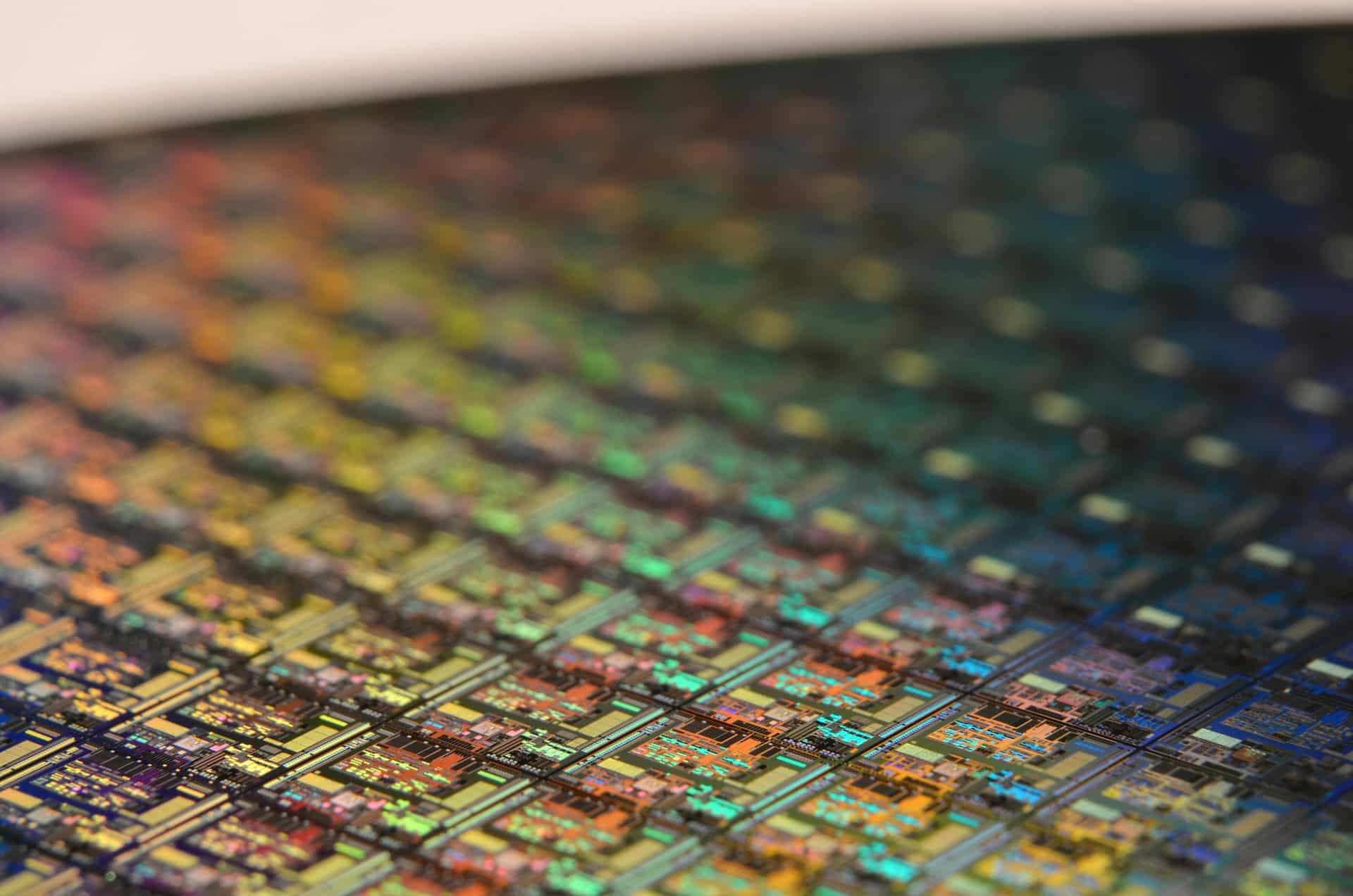The Chinese Ministry of Commerce has added the Canadian firm TechInsights to its Unreliable Entities List, a measure that prohibits Chinese companies and citizens from collaborating or sharing information with the company. The decision comes months after the tech analysis firm published several reports demonstrating that Huawei continued using technology from TSMC and other foreign manufacturers to produce advanced chips, despite U.S. sanctions.
A punishment for exposing uncomfortable secrets
TechInsights is one of the most reputable reverse engineering firms worldwide. Its semiconductor analyses, known as teardowns, have been crucial in understanding how companies bypass international technology restrictions. In 2023 and 2024, the Canadian firm dismantled and examined chips like the Ascend 910B and Kirin 9000S, discovering that Huawei still depended on processes and designs manufactured with technology from TSMC, Samsung, and SK Hynix, despite the export bans imposed by the United States.
These investigations not only challenged Beijing’s official narrative of technological self-sufficiency but also resulted in a possible $1 billion fine for TSMC, amid suspicions that the company manufactured chips for Huawei beyond Washington’s limits.
The blow to TechInsights is thus a symbolic retaliation: punishing those who revealed the use of foreign technology in one of China’s most sensitive sectors.
What does being on the “Unreliable Entities List” entail?
Being included on this list, created by Beijing in 2020 as a response to U.S. sanctions against Huawei and other Chinese firms, involves a complete ban on economic and technological cooperation within China.
According to the resolution from the Ministry of Commerce, translated by Bloomberg, TechInsights and all its subsidiaries “are prohibited from participating in transactions, cooperation, or activities within China, particularly those involving the transmission of sensitive data or information”.
Practically, this means that Chinese companies cannot work with TechInsights, nor hire its analysis services, nor facilitate access to products for study.
Blacklisted alongside defense contractors
The case is particularly striking because TechInsights is neither a military company nor a government contractor, unlike most other names on the list. Among the sanctioned entities are Elbit Systems of America, BAE Systems, and anti-drone system developers like Dedrone and Epirus, makers of the Leonidas microwave system capable of neutralizing drone swarms.
Beijing justified the joint inclusion of these companies by claiming that “they challenged Beijing’s objections, engaged in military-technical cooperation with Taiwan, and propagated malicious statements about China”. In TechInsights’ case, the accusation centers on assisting foreign governments in suppressing Chinese companies, a direct reference to its role in Huawei-related investigations.
Huawei, at the center of controversy
Huawei is considered a national emblem of China’s technological independence. Since the U.S. blacklisted it in 2019, the company has become the epicenter of the global tech war.
Although Beijing boasts about advances in local manufacturing of 7 nm and 5 nm chips, TechInsights’ reports revealed that much of that production still depended on foreign technology, contradicting the self-sufficiency narrative promoted by the Communist Party.
The firm’s analyses showed that some Huawei chips contained traces of design and processes linked to TSMC and Samsung, suggesting that U.S. restrictions were still being circumvented through indirect production routes.
Consequences and reactions
So far, TechInsights has not issued any public statement regarding its inclusion on China’s blacklist. However, analysts agree that the immediate impact will be limited: the company is headquartered outside China and can continue purchasing Chinese products on secondary markets for its studies.
What is expected is a deterioration in access to local sources, suppliers, and distribution channels, which will complicate future analyses of Chinese-manufactured semiconductors.
The measure could also cool scientific and commercial relations between Canada and China, in a context already marked by growing mistrust over technological security and knowledge transfer.
A move with political messaging
Beyond the specific case of TechInsights, Beijing’s decision sends a warning to foreign technology analysis companies: analyzing Chinese technology too closely may have repercussions.
The government aims to protect its advances in semiconductors and advanced computing from external scrutiny, especially when such reports can be used by Washington to reinforce sanctions or craft new export control policies.
As one industry analyst told South China Morning Post, “China wants to safeguard its self-sufficiency narrative, and punishing TechInsights is a way to discourage others from probing how Chinese chips are actually made”.
In summary
- The Chinese Ministry of Commerce added TechInsights to its Unreliable Entities List, banning all cooperation with Chinese entities.
- The measure comes after investigations showed that Huawei used TSMC technology to manufacture advanced chips despite U.S. sanctions.
- The decision is viewed as a political retaliation and a warning to other Western companies analyzing Chinese hardware.
- While the operational impact on TechInsights will be limited, the move strengthens Beijing’s technological censorship and raises tensions with the West.
Sources: Chinese Ministry of Commerce, Bloomberg, The New York Times, Tom’s Hardware, South China Morning Post, Reuters.

